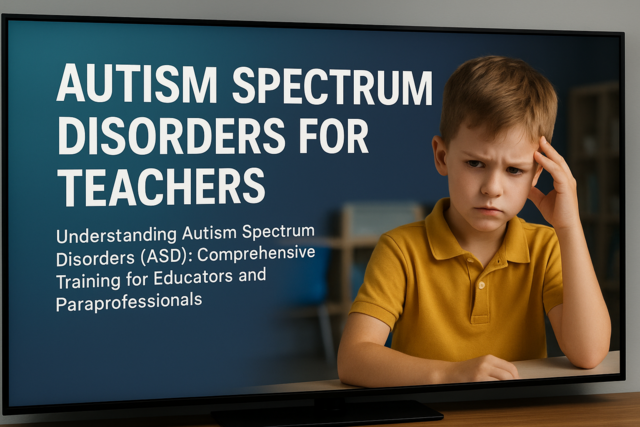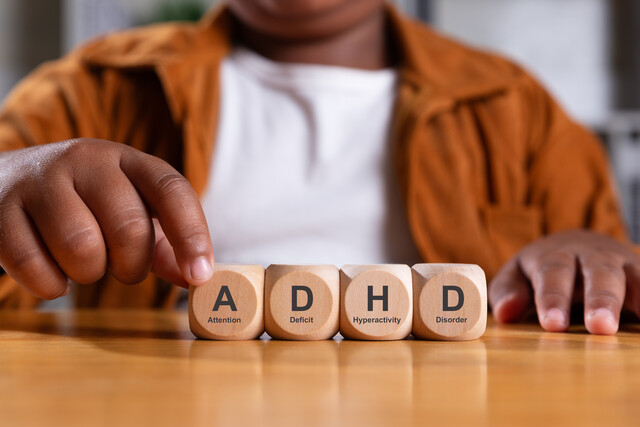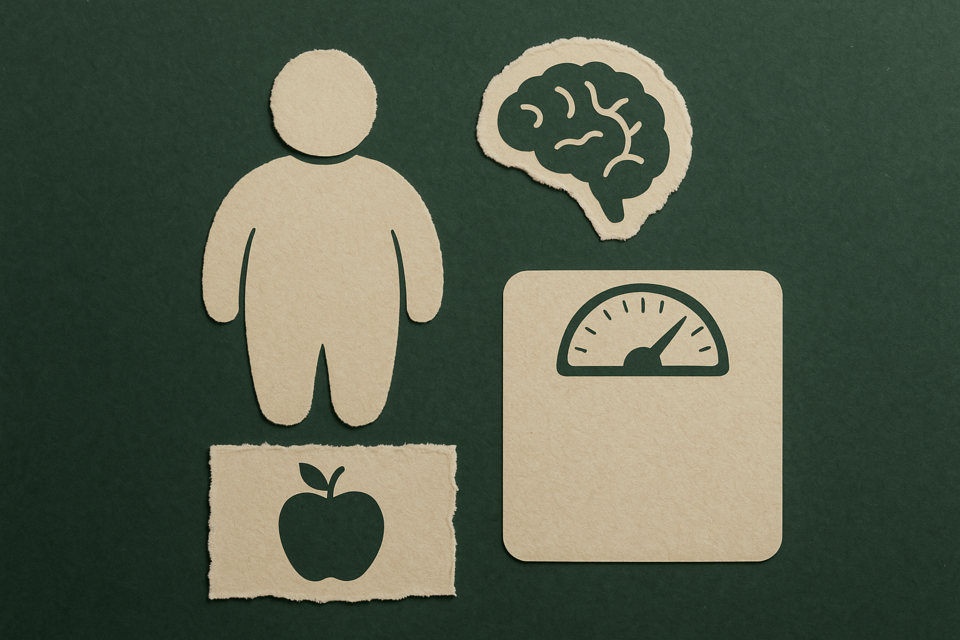Understanding Childhood Obesity
Empower Change, Nurture Health

3 Hours average completion time
0.3 CEUs
11 Lessons
21 Exams & Assignments
19 Discussions
11 Videos
13 Reference Files
47 Articles
Mobile Friendly
Last Updated December 2025
This comprehensive course is designed to address the urgent and growing concern of childhood obesity, a pressing issue that affects families globally. It offers valuable insights and practical solutions for parents seeking to support their children's health and wellbeing.
Course Overview
This course provides a dual-focus approach, catering to both parents of overweight children seeking strategies for healthy weight management and parents aiming to instill robust eating and exercise habits to prevent obesity from an early age.
-
Understanding Childhood Obesity: We'll start by exploring the latest statistics and research on childhood obesity, understanding its causes, implications, and the importance of tackling this issue early in life. Updated data and trends will offer a comprehensive view of this global challenge.
-
Nutrition Essentials: Dive deep into the world of child nutrition. Learn about balanced diets, the role of different food groups, and how to create enjoyable, nutritious meals. We'll include real-life examples of healthy meal planning and tips for dealing with picky eaters.
-
Physical Activity for Children: Discover the importance of physical activity in children's lives, exploring age-appropriate exercises and fun ways to keep your child active. We'll cover the latest guidelines on children's physical activity and provide examples of easy-to-implement activities for different age groups.
-
Parental Guidance and Support: Understand your role as a parent in shaping your child's health behaviors. We'll discuss various parenting styles, their impact on children's health, and strategies for positive reinforcement.
-
Dealing with Challenges: Address common challenges and barriers faced by parents and children in the journey towards a healthier lifestyle. We'll provide practical advice on managing setbacks and maintaining motivation.
-
Health and Wellness from Infancy to Adolescence: Follow a child's growth journey from infancy to adolescence, with each stage bringing its unique challenges and opportunities in managing weight and health. This section provides a roadmap for parents to support their child's health through different developmental stages.
-
Professional Guidance and Resources: While this course is rich in information, it is essential to complement it with professional advice. We'll guide you on when and how to seek help from healthcare professionals, including dietitians and pediatricians.
Why Take This Course?
- Empowerment: Equip yourself with knowledge and tools to make informed decisions about your child's health.
- Prevention: Learn strategies to prevent obesity and associated health problems in your child from an early age.
- Lifetime Skills: Develop skills and habits that benefit your family's health and wellbeing for a lifetime.
In conclusion, this course is an invaluable resource for any parent committed to nurturing a healthy, happy child. It's not just a course; it's a journey towards a healthier future for your family.
- Understanding obesity's social and biological roots
- Seeking professional health advice appropriately
- Applying motivational tactics for sustained change
- Balancing technology with physical and creative activities
- Promoting resilience and stress management strategies
- Building positive parent-child health interactions
- Implementing age-appropriate physical activities
- Analyzing childhood growth stages and health needs
- Developing emotional awareness in eating habits
- Creating balanced
- nutritious meal plans
- Navigating parenting challenges in health
-

Tex Mex Cooking 101
-

Introduction to Child Psychology
-

Understanding Addictions
-

Behavior Management 101
-

Autism Spectrum Disorders for Teachers
-

Depression Management
-

Autism 101
-

Comprehensive Medical Terminology 1 & 2
-

Understanding Financial Statements
-

Cryptozoology 101
-

Understanding Workers' Compensation
-

Public Relations 101
-

Positive Parenting Techniques
-

Understanding Drug and Alcohol Abuse
-

Etiquette Consultant
-

Workplace Drug Use - An HR Guide
-

Retirement Planning
-

Crystal Therapy
-

Serial Killers 101
-

Attention Deficit Disorders: ADD and ADHD
-

QuickBooks 101
-

Understanding Concussions
-

Professional Babysitting Skills
-

Behind the Paycheck: Mastering Payroll Systems
-

Google Slides
